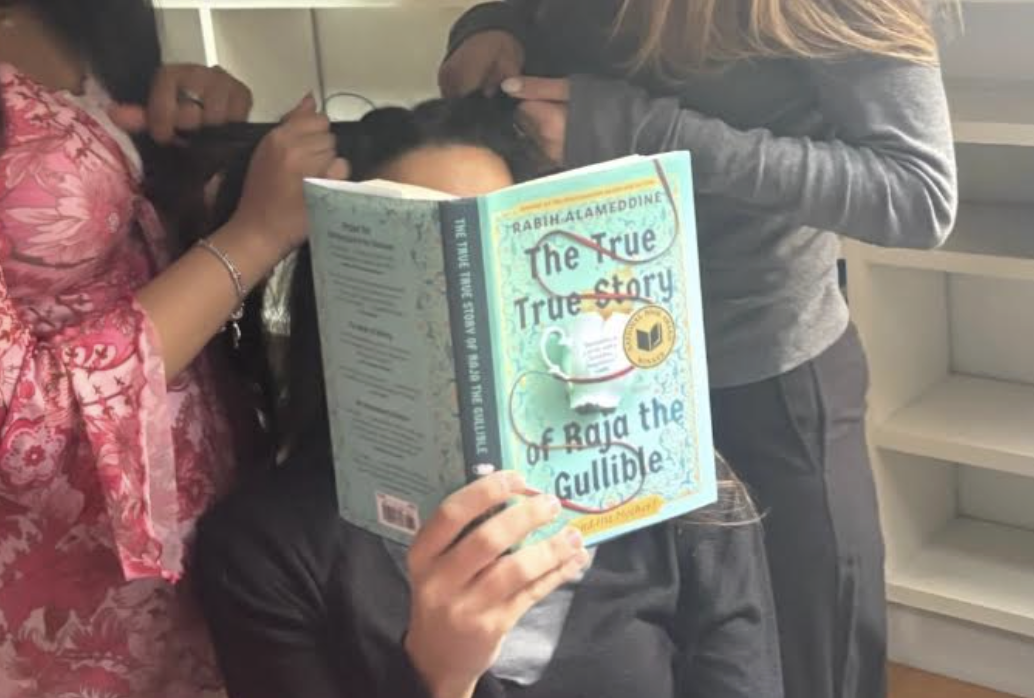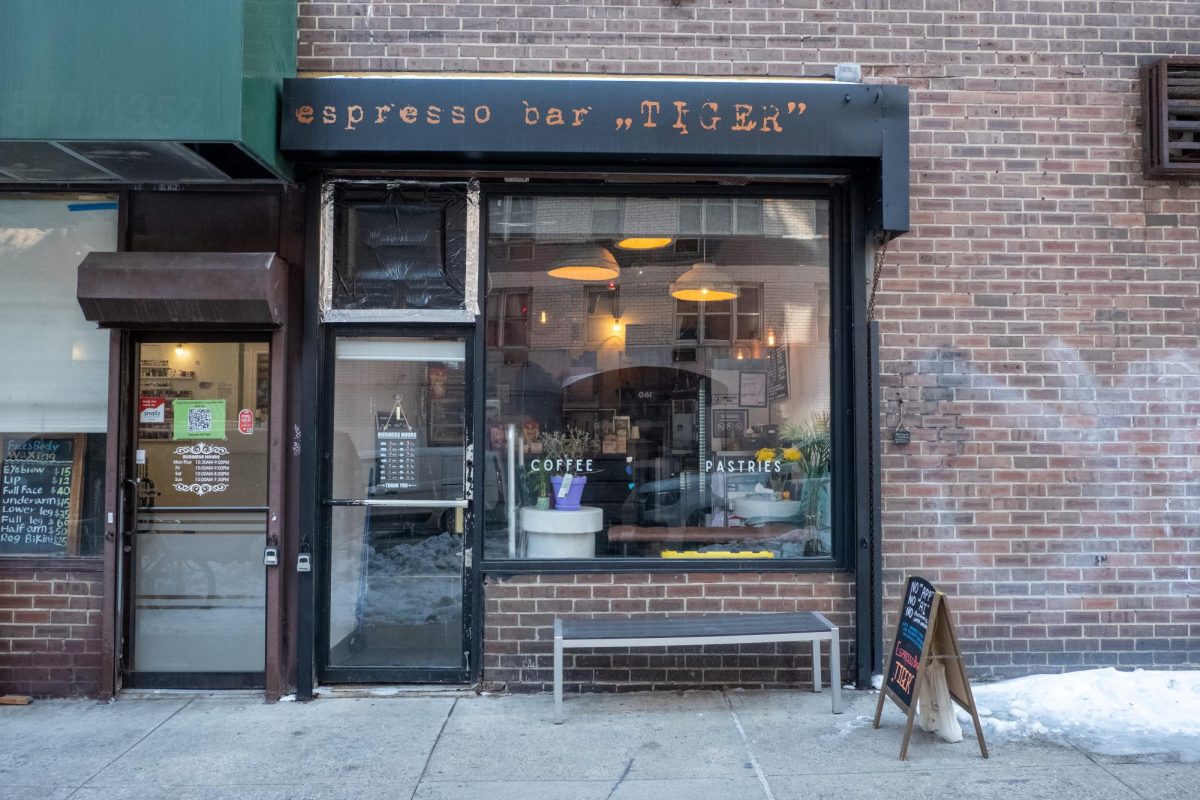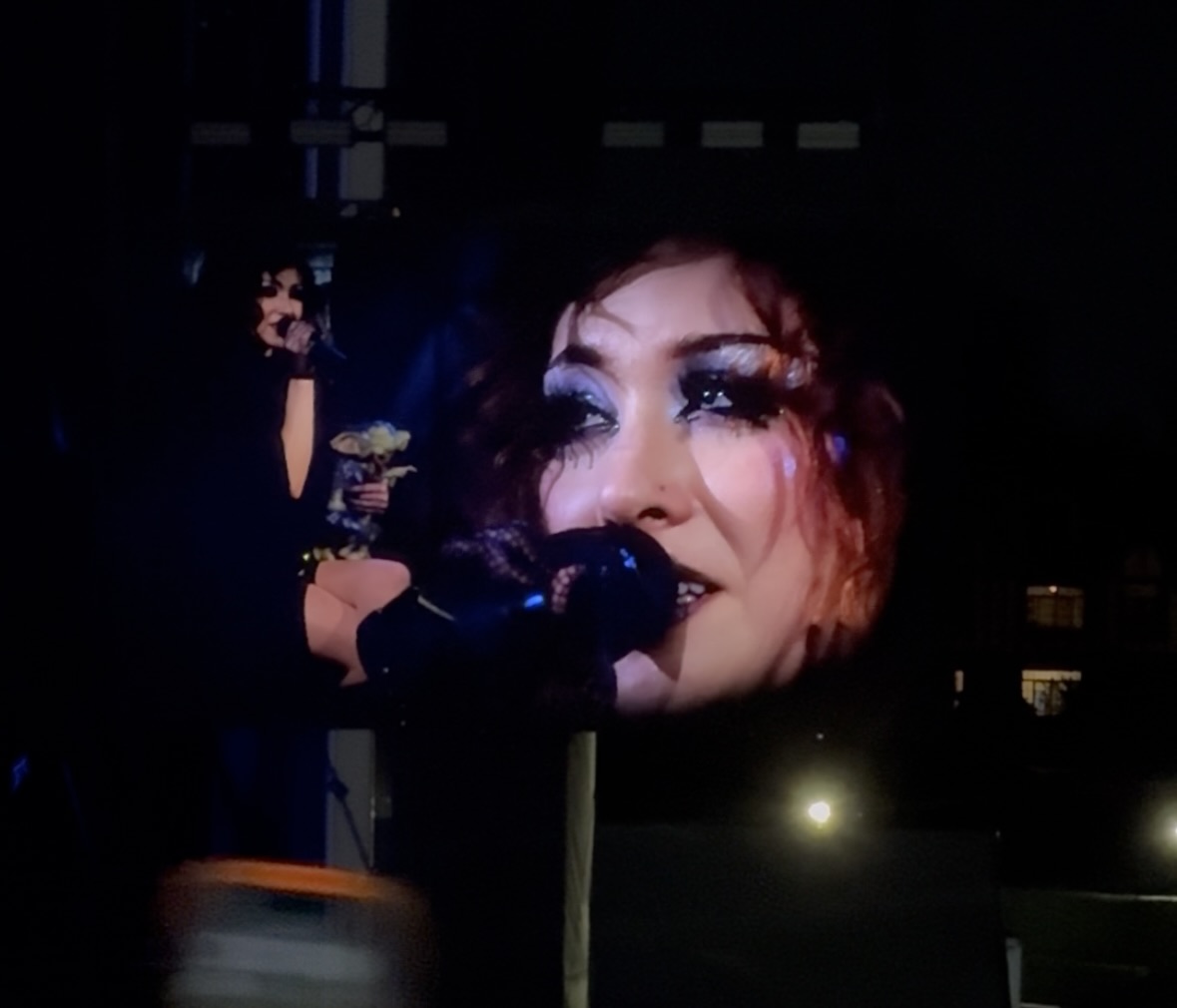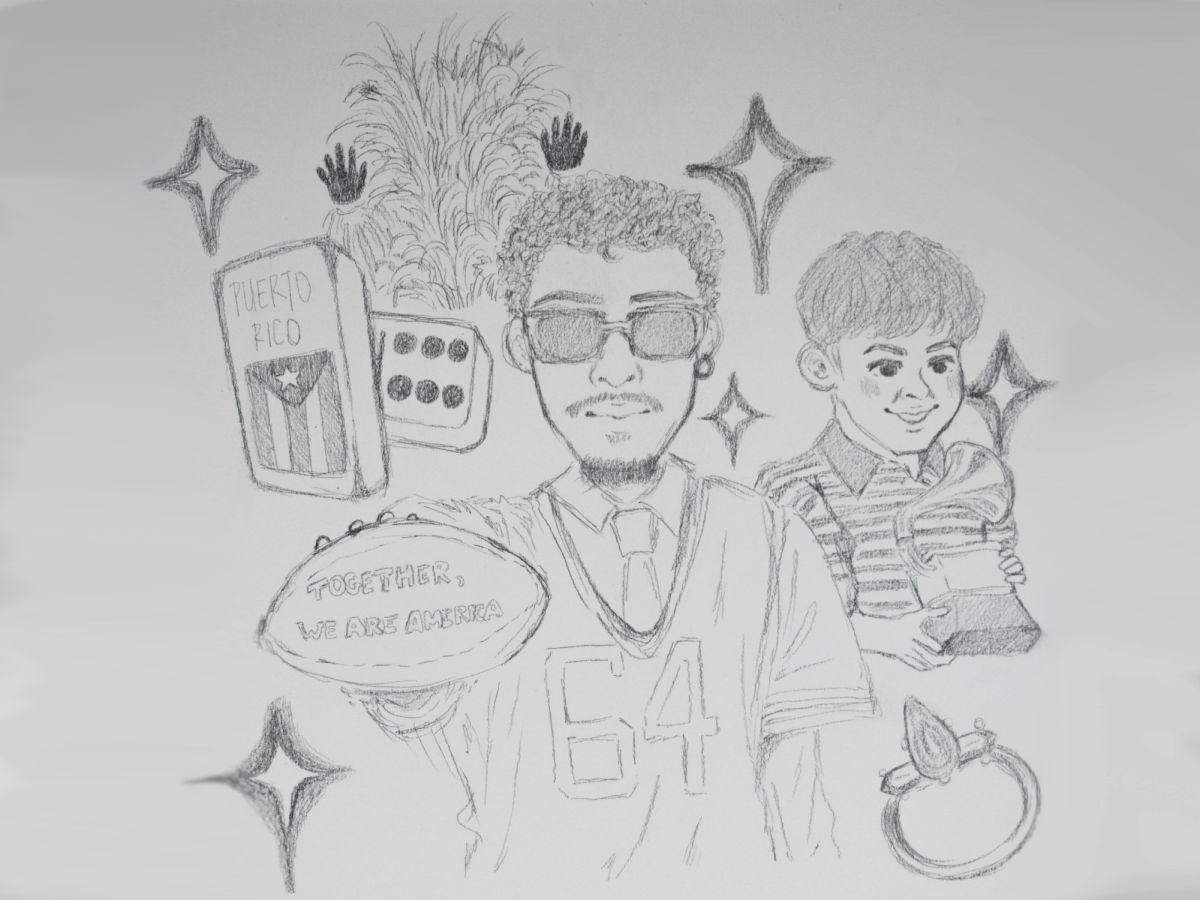English alternative singer-songwriter Declan McKenna has alleviated his almost four-year hiatus with his third studio album, “What Happened to the Beach?” The album was inspired by his experiences writing in California and released on Feb. 9.
McKenna, 25, is known for his socially conscious music. The singer-songwriter gained recognition for winning the Glastonbury Festival’s Emerging Talent Competition in 2015. Later that year, he self-released his debut single, “Brazil,” a protest song criticizing the 2014 FIFA World Cup.
A more relaxed approach is seen in “What Happened to the Beach?” The album is an escape from social injustices and encourages the listener to bask in its chill Californian atmosphere.
Opening with “WOBBLE,” listeners are automatically transported to the beach, post-pandemic lockdown. The narrator questions how life has changed but somehow remains the same. “Cause life’s really changed me / I used to cry at home all night / Now I might in the sunshine,” McKenna sings. The guitar and drums provide a bittersweet folk sound and long for life to return to normal.
“Elevator Hum” is a bubbly bedroom pop tune featuring McKenna’s hums. The white noise and horn make it a playful, self-referential track. “Listen to the elevator hum / The mechanism is breaking down again,” he points out. McKenna wants him and the listener to become one while letting go of their worries, “I want you to believe / You’re just like me,” he says.
McKenna momentarily drifts away from modern influences in favor of a 60s psychedelic sound in “I Write the News” and “Sympathy.” He opts for a spoken word-like performance midway through, a trait found in other songs like “Listen to Your Friends” and “Mind.” It’s hard to ignore the socially conscious message of “I Write the News,” which comments on how news spreads on social media.
“Sympathy” is the lead single and contrasts “I Write the News” with its classical militant style, flamboyant brass instruments, and drums.
“Mulholland’s Dinner and Wine” draws inspiration from both the United Kingdom and Los Angeles and combines it into this exhilarating and freeing production of being in a trance-like state. On the track, McKenna describes it with his breathy vocals.
“Breath of Light” draws the audience into an even further trance. The usage of metallic and distorted sounds makes for a hallucinogenic experience as if the listener is floating into the “cosmic sin” mentioned in the song.
“Nothing Works” is one of the least optimistic songs on the album and depicts McKenna’s pent-up frustration with being tied to expectations. “You tell me I don’t relate to the kids no more / Now, I feel like I’m letting them down,” He sings, asserting his artistic growth and unrelatability to “teenagers.”
“Have I been talkin’ to myself all along / Or do I just sound like that,” he mocks to himself. This song turns into a celebration towards the end because McKenna has found a new sound and doesn’t stick to the expectations put on him.
“The Phantom Buzz” sticks to rock guitar riffs and heavy drums, with lyrics suggesting drug consumption.
McKenna taps into more sentimental aspects with “Honest Test,” “Mezzanine,” “It’s an Act” and “4 More Years.” “Honest Test” is a love song that is slow and sweet, like a summer day. It’s the most intimate song in this pile of sunbeams. Soon, listeners fall into the saxophone, trumpet and Mellotron riff of “Mezzanine.” The song is a more upbeat transition from the previous slow confession.
“It’s an Act” borrows the message in “Nothing Works.” It is a heart-felt ballad about the difficulties of performing authentically on stage. “It’s always you to sing the happy song / So breathe it in and see what’s real,” he says.
“What Happened to the Beach?” is an emotional rollercoaster exploring numerous aspects of McKenna’s psyche and ever-changing sound.








